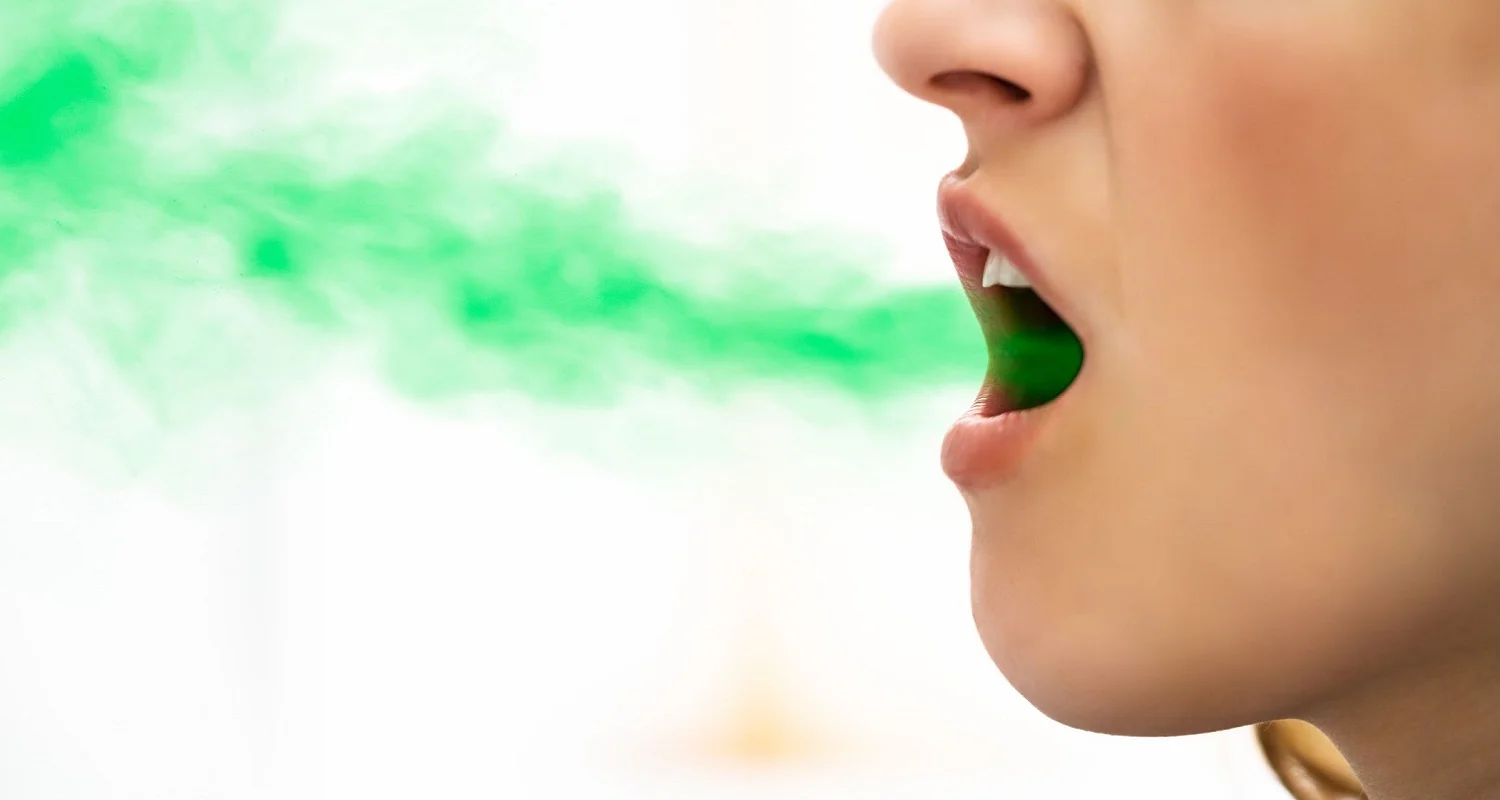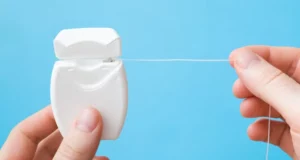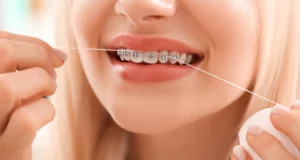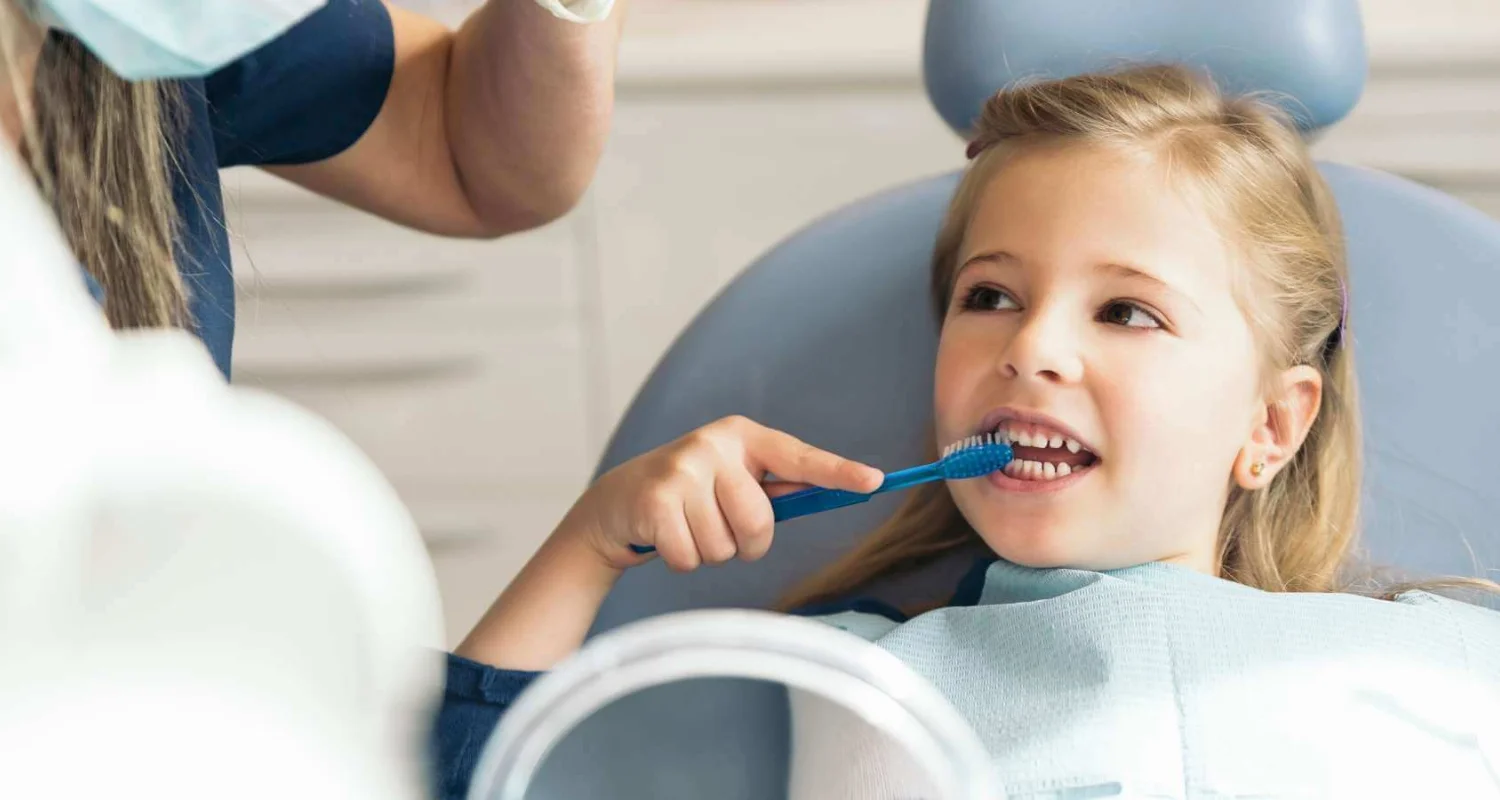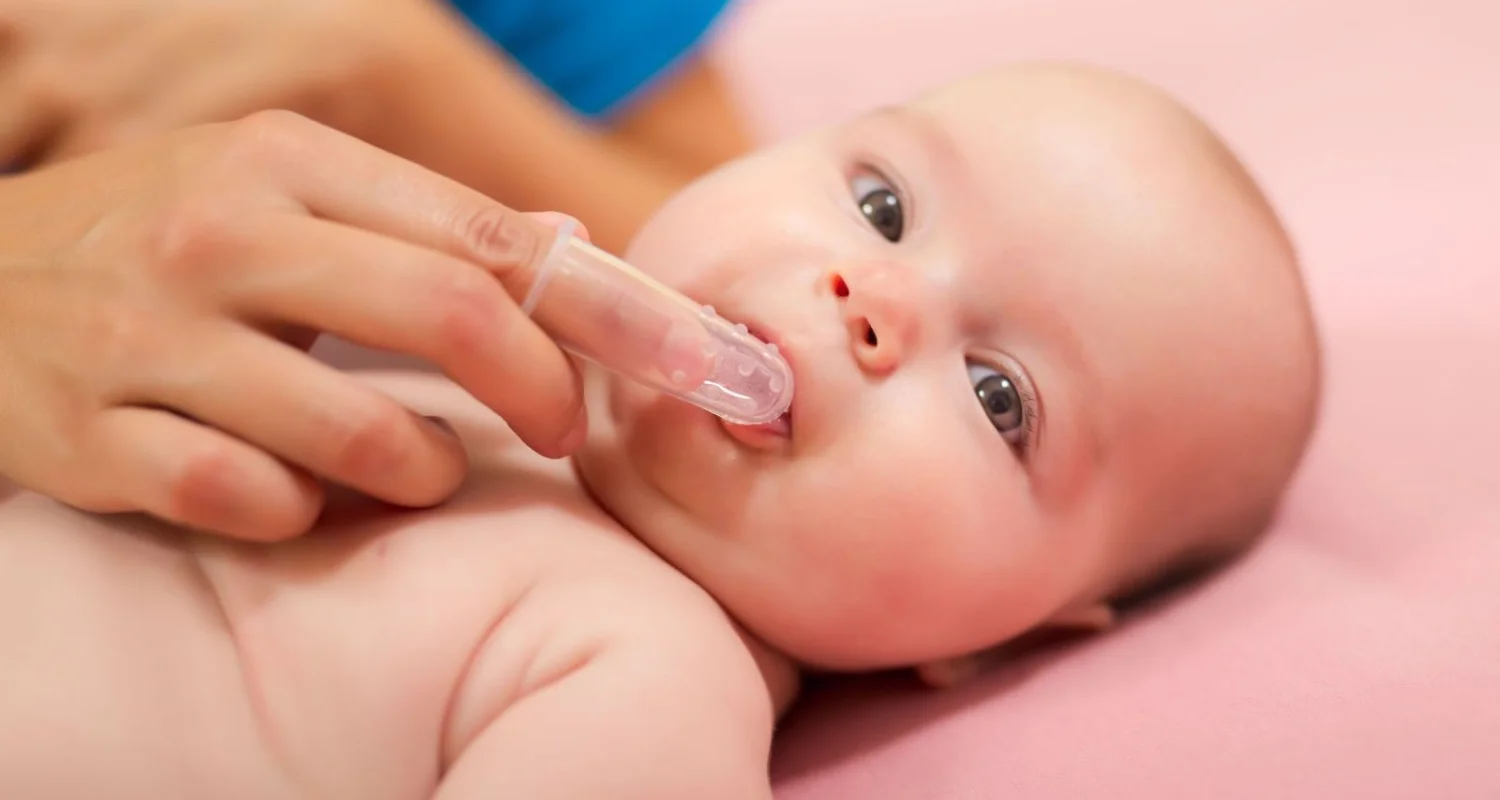Last Updated on: 16th October 2024, 10:40 am
✓ Fact Checked 🕓
❙ Our team of writers, editors, and medical experts rigorously evaluates each article to ensure the information is accurate and exclusively cites reputable sources.
❙ We regularly assess how the content in this article aligns with current scientific literature and expert recommendations in order to provide the most up-to-date research.
Personalized Halitosis Treatment Plans Tailored for Lasting Results
Halitosis, commonly known as bad breath, is a problem that affects many people around the world. For many people, it can be embarrassing and impact self-esteem and self-confidence.
However, there are a variety of solutions available to combat this problem. In this comprehensive guide, we will discuss home remedies, treatments, and lifestyle changes that can help you achieve fresh breath and maintain it long-term.

How to Combat Bad Breath?
One of the first steps to treating halitosis is to pay attention to your oral hygiene. Here are some tips to combat bad breath from home:
1. Proper brushing: Brush your teeth after each meal, using a soft toothbrush and fluoride toothpaste. Don’t forget to brush your tongue and gums gently to remove bacteria.
2. Floss daily: Regular flossing helps remove food debris from between your teeth.
3. Mouthwash: Use an antimicrobial mouthwash to kill odor-causing bacteria. Avoid alcohol rinses, as they can make the problem worse.
4. Hydration: Drinking water regularly helps keep your mouth moist and reduces dryness, a contributing factor to bad breath.
5. Avoid foods with strong odors: Reduce consumption of foods such as garlic and onion, which are known to cause bad breath.
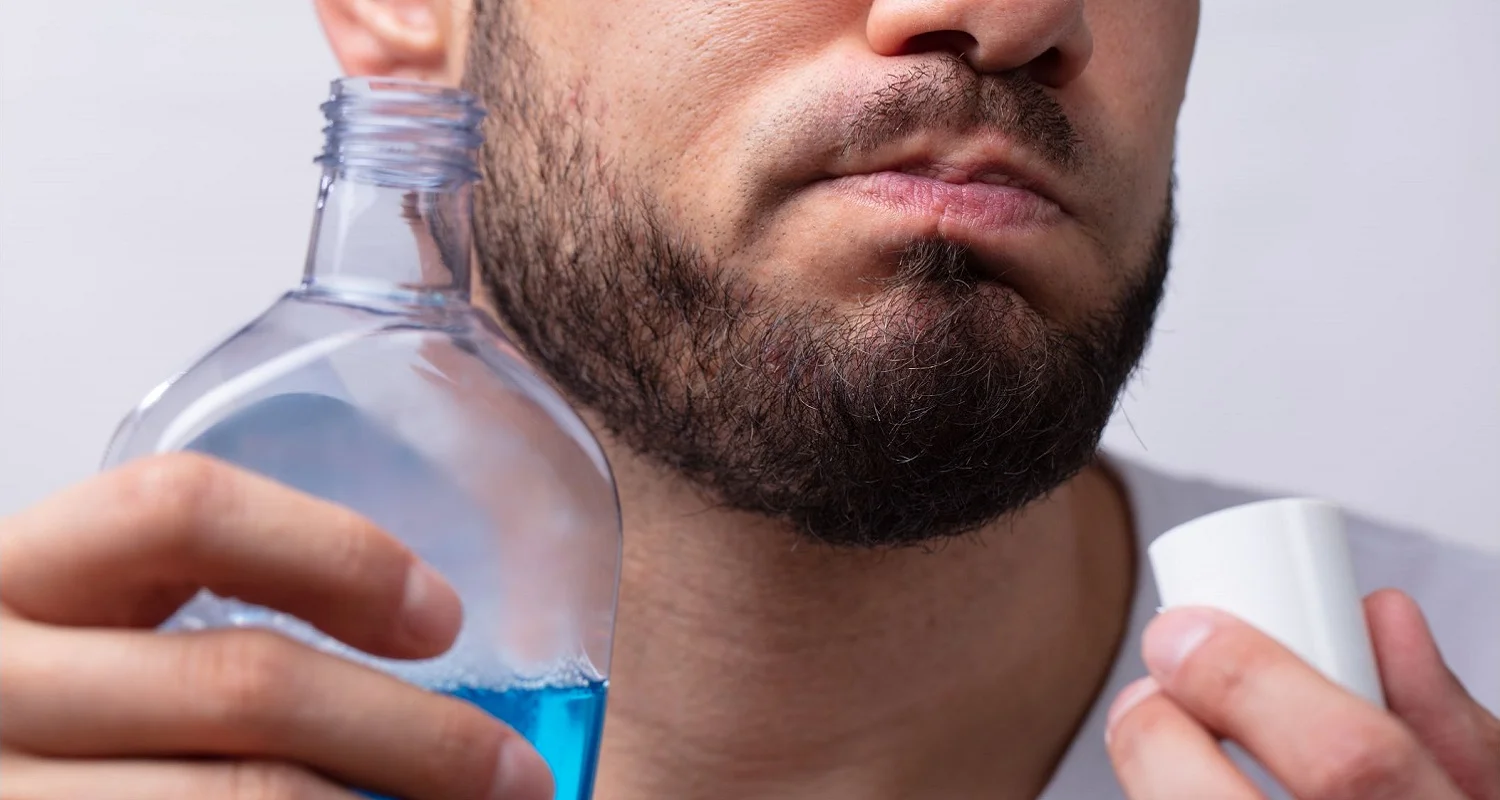
To learn more about how to fight bad breath, you can check out this article on perfecting my oral hygiene routine. It offers practical tips and expert advice to help you maintain fresh breath and a healthy smile.
Home Remedies for Halitosis
1. Sodium bicarbonate: Rinsing with a solution of baking soda and water can neutralize odors, dilute 1/2 teaspoon in 8 Ounces of water.
2. Fresh parsley: Chewing fresh parsley can help temporarily freshen your breath, you can also use cilantro or mint.
3. Demand: Peppermint tea or peppermint essential oil can be effective in freshening breath.
4. Green tea: With its antioxidant and antibacterial properties, it is a natural and effective option for the treatment of halitosis.
5. Coconut oil: In its liquid state, It is used as a mouthwash. You must let it act for 10 to 15 minutes. This practice is called “oil pulling.”

Prescribed and Over-the-counter Halitosis Treatment
If home remedies are not enough, there are options available on the market:
1. Sugar-free gum and lozenges: These products may temporarily help freshen your breath, but they do not address the underlying cause of halitosis. They promote saliva production and control the bacteria present in the mouth with active components such as zinc, xylitol, or menthol.
2. Specialized mouthwashes: Some mouthwashes contain active ingredients such as chlorhexidine, essential oils, or triclosan, which fight bacteria and help control bad breath.
3. Oral sprays: Oral sprays may provide temporary relief, but they are not a long-term solution. Among its components are menthol, eucalyptol, and other essential oils.

Halitosis Management: Dental Procedures and Therapies
When home remedies and over-the-counter products don’t work, it’s important to consult an oral health professional. Some dental procedures and therapies include:
1. Professional dental cleaning: An oral health professional can perform a deep cleaning to remove tartar and plaque that contribute to bad breath. To learn more about oral exams and dental cleaning, feel free to check out this article.
2. Treatment of dental diseases: If you have gum problems or cavities, the right treatment can help eliminate bad breath.
3. Removal of tonsil stones: In rare cases, tonsil stones (tonsilla stones or tonsilloliths) can cause chronic bad breath. Note: a specialist can remove these stones.
4. Visit your doctor: Halitosis can be associated with a general illness. A medical check-up will allow a more accurate diagnosis.
Oral hygiene for Fresh Breath
Proper oral hygiene is essential to prevent and manage halitosis. Here are some tips to maintain fresh breath:
1. Brush your teeth twice a day and floss: Brushing after breakfast and before going to bed is essential.
2. Change your toothbrush regularly: A worn brush will not effectively clean your teeth and tongue.
3. Visit the dentist regularly: Schedule dental exams and professional cleanings at least twice a year.
4. Take care of your tongue: Use a tongue cleaner or tongue brush to remove bacteria that accumulate on the surface of the tongue.
5. Clean tooth or denture cases: Removable dentures and even retainers and orthodontic appliances can accumulate plaque that must be cleaned regularly.
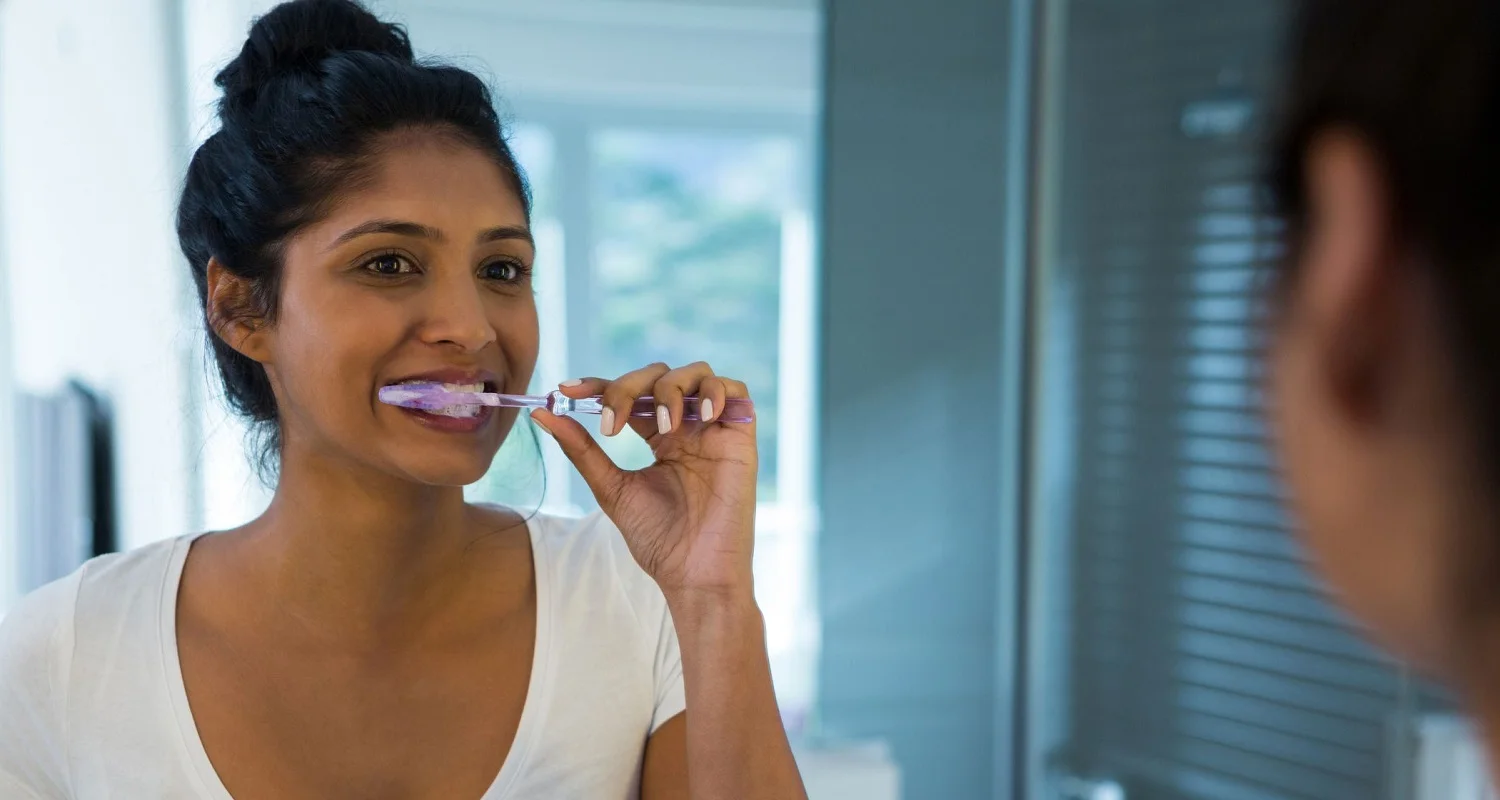
Medicines for Bad Breath
In severe cases of halitosis, your dentist may prescribe mendicants. These may include antibiotics to treat oral infections or medications that stimulate saliva production to combat dry mouth. Having a dry mouth or xerostomia is one of the situations where you may experience a salty taste in the mouth.
Prevention for Fresh Breath
Lifestyle also plays an important role in halitosis:
1. Give up smoking: In 2014, a group of experts determined that tobacco causes dry mouth and leaves a persistent odor in the mouth, which is associated with halitosis.
2. Reduce alcohol consumption: Alcohol can dry out your mouth, contributing to bad breath.
3. Control diet: Avoid spicy foods and foods with strong odors, maintaining a balanced diet.
How to Maintain Fresh Breath in the Long Term?
If you suffer from chronic halitosis, it is essential to work on a long-term strategy:
1. Consult a specialist: A general dentist or periodontist can help you identify and treat the underlying cause of halitosis.
2. Comply with the recommended treatment: Follow your dentist or doctor’s instructions to effectively address halitosis.
3. Maintain good oral hygiene: Consistency in dental care is key to preventing relapse.
Conclusion
• Halitosis is a common but treatable problem.
• With the right combination of oral hygiene, home remedies, dental treatments, and lifestyle changes, you can enjoy fresh breath and maintain it for the long term.
• If you experience persistent bad breath, don’t hesitate to seek the guidance of an oral health professional to address any underlying issue.
Frequently Asked Questions
What is the most effective treatment for halitosis?
It is important to avoid dehydration and maintain good oral hygiene, including brushing and flossing. Some mouthwashes, lozenges, and toothpaste can help combat halitosis. Additionally, gentle but effective tongue cleaning may be necessary.
How can I permanently eliminate the problem of halitosis?
Brush your teeth with a toothbrush and fluoride toothpaste at least twice a day, preferably after meals. Use dental floss daily to clean between your teeth. If you wear dentures, remove them and clean them every night. Brush the tongue from the back using a tongue scraper.
How long does it take for halitosis to go away?
Keep in mind that the smell of the food you eat can linger until it has been completely digested, even up to 3 days later! You can reduce or prevent bad breath by following these tips: brush and floss your teeth more frequently, and maintain good oral hygiene.
What recommendations would you offer to someone with halitosis?
The most common cause of halitosis is poor oral hygiene. When food remains in the mouth, bacteria break them down, producing sulfur compounds that create a bad odor. Keeping your mouth well hydrated can reduce bad breath. The most effective treatment to combat it is to maintain a regular routine of brushing, flossing and maintaining adequate oral hydration.
Share:
References
1. Professional, C. C. M. (Jul 18, 2022). Bad breath (Halitosis). Cleveland Clinic. https://my.clevelandclinic.org/health/symptoms/17771-bad-breath-halitosis
2. Newman, T. (Jan 10, 2018). Everything you need to know about bad breath. https://www.medicalnewstoday.com/articles/166636
3. Bad breath – Diagnosis and treatment – Mayo Clinic. (Mar 10, 2018). https://www.mayoclinic.org/diseases-conditions/bad-breath/diagnosis-treatment/drc-20350925
4. The Healthline Editorial Team. (Dec 07, 2020).Bad breath (Halitosis). Healthline.https://www.healthline.com/health/bad-breath#causes
5. Setia, S., Pannu, P., Gambhir, R. S., Galhotra, V., Ahluwalia, P., & Sofat, A. (2014). Correlation of oral hygiene practices, smoking, and oral health conditions with self-perceived halitosis amongst undergraduate dental students. Journal of natural science, biology, and medicine, 5(1), 67. https://jnsbm.org/wp-content/uploads/2021/07/JNatScBiolMed-5-1-67.pdf
6. Wong, C. (2022). 7 home remedies for bad breath. Verywell Health. https://www.verywellhealth.com/home-remedies-for-bad-breath-89268#:~:text=Home%20Remedies%20for%20Improving%20Bad,to%20remove%20odor%2Dcausing%20bacteria.


